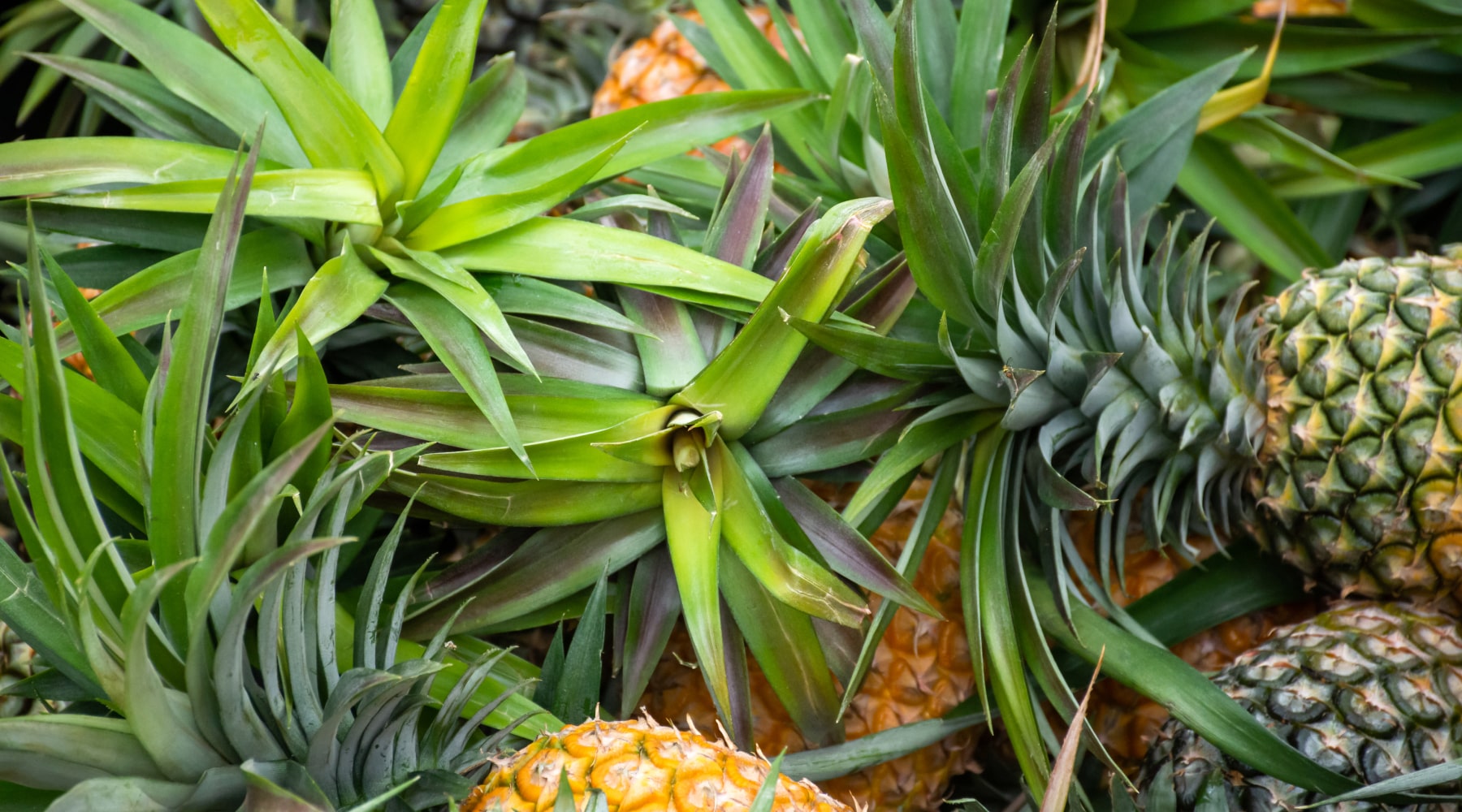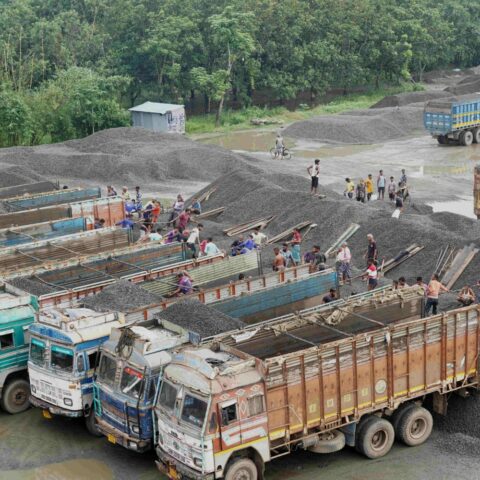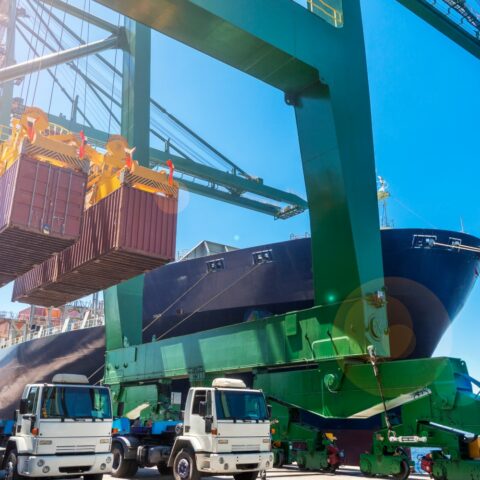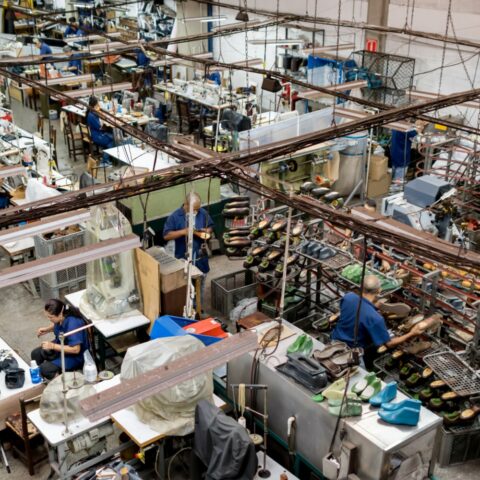The Challenge
Increasing the number of e-Services available to traders through Ecuador’s single window and implementing improved management systems in the government’s main sanitary facilities is accelerating the modernisation of trade processes, saving time and cutting costs for companies.
Despite a shift toward electronic services in recent years, around 40% of trade procedures in Ecuador are still paper-based, requiring in-person filing and processing to satisfy a range of certification requirements. Approvals can take as long as 72 hours for manually-processed documentation, as opposed to 24 hours for electronic submissions through Vue — Ecuador’s single window system.
Agri-businesses also face lengthy processing times and costs in complying with certifications supported by the laboratory network of the Phyto and Zoo Sanitary Regulation and Control Agency (Agrocalidad). Food and health industries also have been affected by the lack of certainty and traceability in obtaining certifications from the National Agency for Sanitary Regulation, Control, and Observation (ARCSA). Despite growing demand for their services, the agencies are yet to fully embrace automation of a range of management tasks, diverting analysts from operational work.
What We Are Doing
The project’s three components are strengthening Vue and increasing the number of services it offers, while also modernising process management practices at Agrocalidad labs and ARCSA to enhance their efficiency.
As part of the first component, the project is updating 14 existing Vue services and enabling the provision of a further 10. These enhancements are particularly benefiting Ecuador’s agriculture and fisheries sectors, giving producers the ability to process a range of export formalities via the single window while also making it easier for them to import fertilizers, machinery, and aquaculture supplies.
The second and third components are alleviating the burden of paper processes at the 33 Agrocalidad labs across the country—reducing the need to conduct activities in person—and increasing productivity at ARCSA. Both agencies are vital in promoting and ensuring health and safety in food and agricultural trade.
The project is working with the Ministry of Production, International Trade, Investments and Fisheries, Agrocalidad, the Ministry of Transportation and Public Works, the Ministry of Environment and Water, and Ecuador’s National Customs Service.
The Impacts
The resulting modernised and streamlined processes will:
- reduce the time for exporters to receive a range of certifications from as much as three days to just one thanks to more extensive availability of these services through VUE
- improve the capacity and efficiency of Agrocalidad labs by freeing analysts from the average three hours a day spent processing paperwork
- allow for an additional 500 samples a month to be processed for export and import certification thanks to these time savings
- simplify export and import procedures to enhance the trade competitiveness of local businesses, particularly agricultural producers
- improve sanitary registry processing and other key procedures related to imports and exports of drugs, medical equipment, food and beverages
- eliminate the applications queue at ARCSA
Micro, small, and medium-sized enterprises (MSMEs) represent 99.5% of Ecuador’s private sector but only 3% of these businesses participate in exports. Non-tariff barriers, particularly compliance with sanitary standards and rules of origin, have been cited as significant hurdles for MSMEs and this project aims to make it easier for them to break into global markets.


 Ecuador
Ecuador

